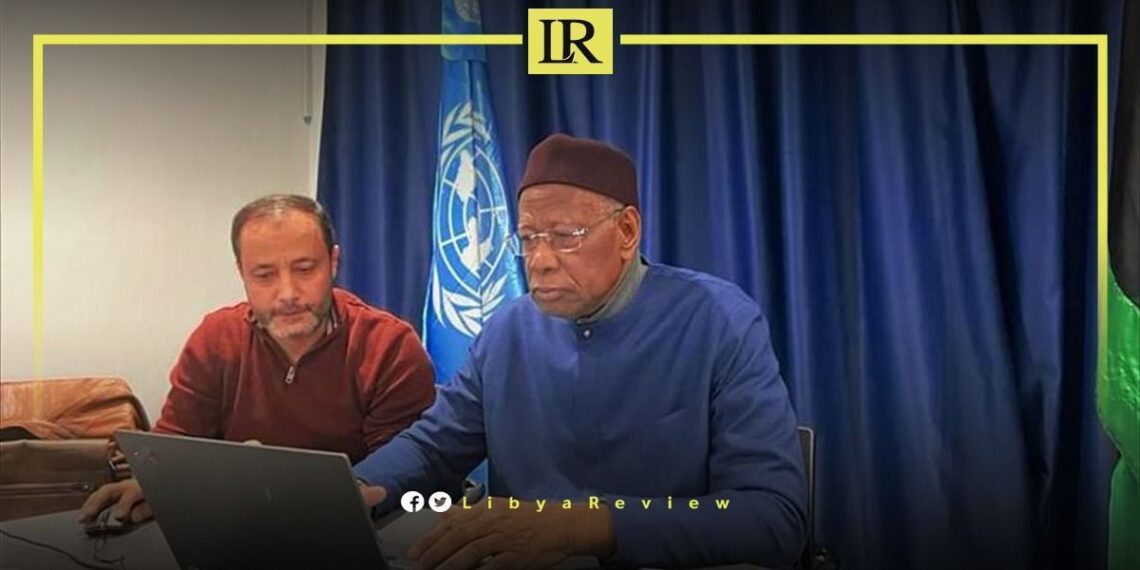On Tuesday, the United Nations (UN) special envoy to Libya, Abdoulaye Bathily, resigned from his position, citing significant challenges in pushing forward the political process due to the self-serving interests of Libya’s leaders.
Bathily submitted his resignation to UN Secretary-General Antonio Guterres, expressing his concerns over the inability of the United Nations to effectively support Libya’s political journey amidst such leadership challenges.
Appointed in September 2022, Bathily has publicly criticized key Libyan leaders for their deliberate efforts to thwart international peace initiatives and their continuous stalling of the electoral process. He pointed out that Libya has turned into a hotbed of intense rivalry among regional and international actors competing for control over the country’s strategic resources, making a peaceful solution increasingly elusive.
During a Security Council session addressing the situation in Libya, Bathily, who also served as the Special Representative for the UN Secretary-General, expressed his frustrations over the failure to resolve disputes related to electoral laws and the formation of a unified government with Libya’s five principal stakeholders.
His attempts were met with consistent resistance characterized by “stubborn opposition, unreasonable expectations, and a disregard for the welfare of the Libyan people.”
Since the end of 2022, the UN-led initiatives to mediate Libya’s political crisis and facilitate elections have faced persistent setbacks.
These challenges underscore a deliberate reluctance from Libyan leaders to engage seriously in the process and a continued insistence on delaying elections indefinitely.
Bathily noted that the deep-rooted stances and the complex interplay of regional and global interests have significantly highlighted the challenges facing the UN’s efforts in Libya. Despite extensive and continuous engagement with key institutional actors, their entrenched positions remain a significant barrier to advancing the political process.
Bathily’s resignation emphasizes the ongoing difficulties in navigating Libya’s complex political landscape, where external pressures and internal divisions significantly obstruct the path to stability and democratic governance.


